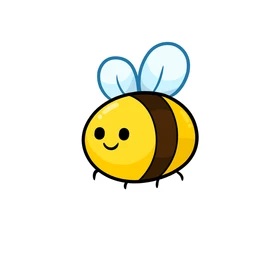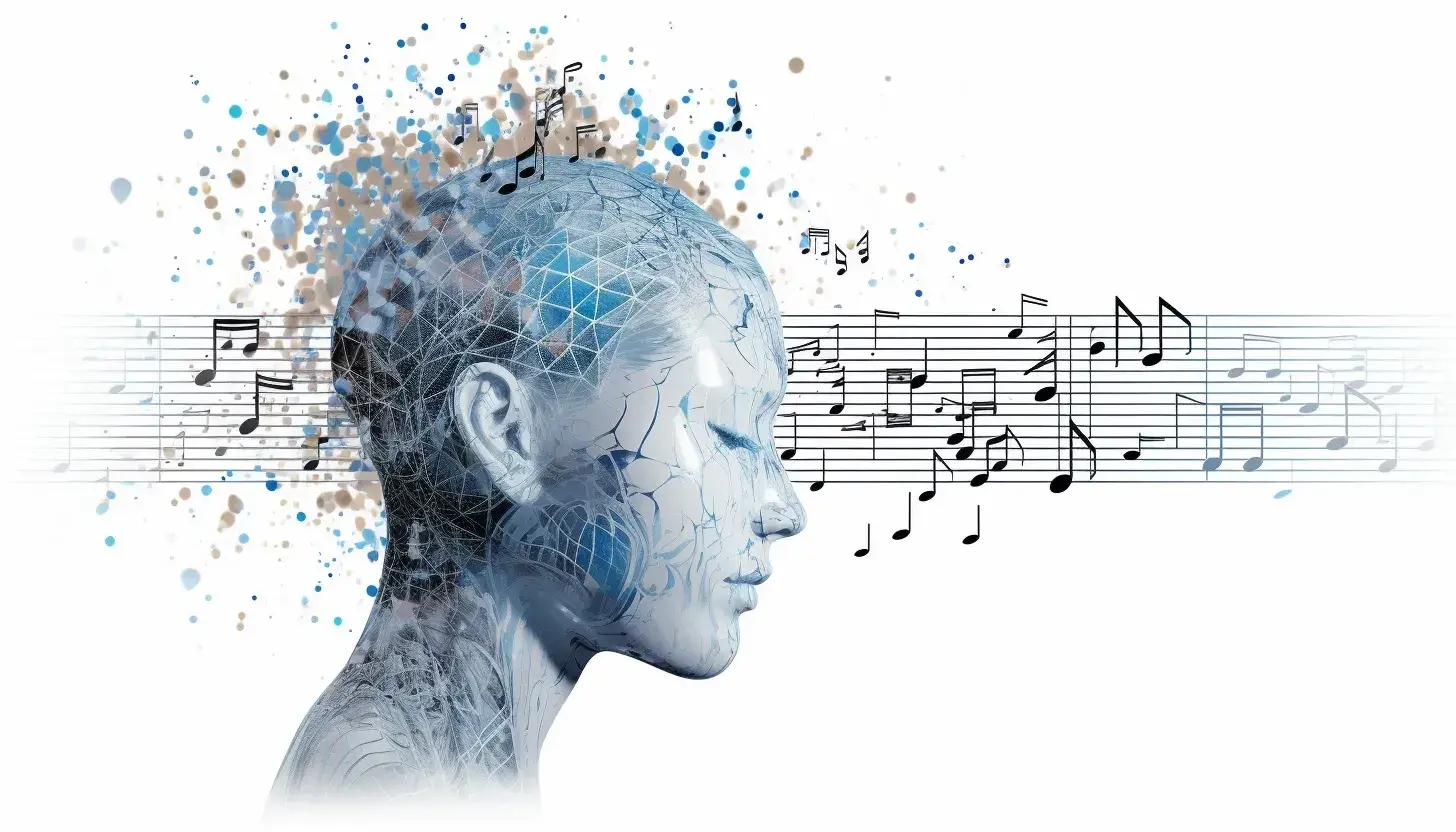Why it matters: A recent study at Claremont Graduate University has applied machine learning to neurophysiological data, identifying hit songs with an astonishing 97% accuracy.
Read more: ‘Neuroforecasting’: How science can predict the next hit song with 97% accuracy.
Read the Research article.
Discussion on Hacker News.



This is very preliminary. The samples were songs that were already hits at the time of the study, with no way to account for contamination. It’s highly plausible that the subjects had heard the “hit” songs before the study, and they were just measuring recognition.
Full paper is here: https://www.frontiersin.org/articles/10.3389/frai.2023.1154663/full
I still think your concern is legitimate.
Memory is funny. Stuff can play in the background and become familiar without you being consciously aware of it.
It would be possible to do this study without contamination by using completely unknown and newly-released songs as a dataset, and checking against future chart data regarding the popularity, or by examining the reaction of an isolated group of people without constant musical bombardment.